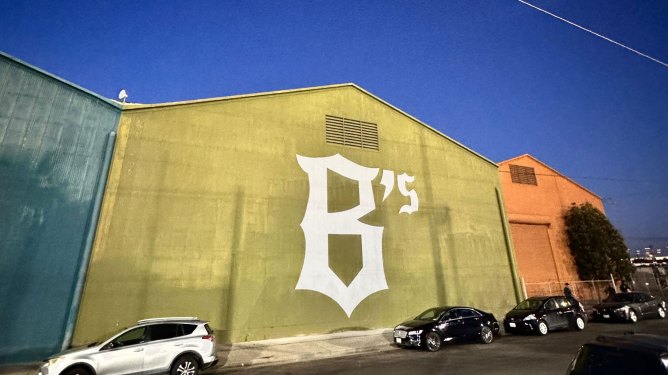There is a classic Simpsons episode in which the sly businessman Mr. Burns recruits real Major League Baseball players to join his company softball team to win a bet. But when the championship is on the line, Mr. Burns pulls eight-time National League all-star Darryl Strawberry for a substitute, Homer Simpson. Mr. Burns explains to Strawberry that he is playing the percentages, a strategy smart managers use to win ballgames by sending up a right-handed batter against a left-handed pitcher.
High-level baseball is very mathematically driven, with teams hiring dozens of data engineers to study granular statistics that inform managerial decisions. But like Mr. Burns in that episode, it is tempting to overanalyze baseball statistics to the point of absurdity. The Oakland Ballers, an independent Pioneer League baseball team, took the concept of playing the percentages to the next level by letting an artificial intelligence manage the team for a game.
The Ballers were founded by edtech entrepreneur Paul Freedman as a response to the departure of the beloved Oakland A’s, the Major League team that owner John Fisher moved away from local fans in what is regarded as one of the most insidious managerial moves in sports history. Though not a Major League team, the Oakland Ballers established an unprecedented national community of fans who rallied around the team in protest of the A’s departure. After just two seasons, the Ballers won Oakland’s first baseball title since 1989.
Paul Freedman explained that the Oakland Ballers have the unique experience of being like a major league team in a minor league market, which allows for creative flexibility and experimentation. Minor league baseball organizations often test new technology before it gets implemented in the majors, such as instant replay or automated strike zones. The Ballers embraced this role, piloting ideas that would likely never debut in Major League Baseball.
Last year, the team partnered with Fan Controlled Sports to let fans make managerial decisions during a late season game. The Ballers lost that game, partly because fans opted for the funniest decisions rather than the most strategic, such as having a pitcher pinch hit. This time, after the team clinched a postseason berth, the Ballers partnered with the AI company Distillery to commission software that could manage a baseball game in real time.
Freedman noted that baseball is the perfect place for such an experiment because it is so data-driven and decisions are made analytically, with enough time between pitches for the AI to operate. Distillery trained OpenAI’s ChatGPT on over a century of baseball data and analytics, including Ballers games, to approximate the decisions of the team’s human manager, Aaron Miles. Freedman clarified that the AI figured out what the human coach would have done, using data to recognize patterns, while the strategic concepts came from Miles. He concluded that human ingenuity is safe for now, with AI serving as a tool to optimize decisions rather than make them.
The AI-controlled game proceeded smoothly. In fact, the AI made all the same choices regarding pitching changes, lineup construction, and pinch hitters that Miles would have made. The only time Miles overrode the AI was to replace the starting catcher with his backup because the starter was sick.
Miles took his temporary replacement by AI in stride. In a video posted to the team’s Instagram, Miles walked to home plate before the game to shake hands with the opposing manager, but instead of offering his own hand, he extended the tablet running the AI for a handshake.
However, the use of AI struck a nerve with some Oakland fans. They view companies like OpenAI as enterprises that prioritize winning the AI race over shipping properly tested and safe products. For these fans, the experiment felt like a betrayal, similar to the corporate greed that pushed three professional sports franchises out of Oakland in five years. One commenter expressed that the Ballers were trying to appeal to Bay Area techies instead of baseball fans.
This backlash was unexpected for the Ballers, and Freedman does not intend to repeat the AI experiment. But the fan reaction models a larger cultural tension in baseball and beyond. Freedman said it never feels good to have fans hate an initiative, but he believes it is not a bad thing to have a conversation about the pros and cons of new technology now, rather than a decade later when it is too late.

